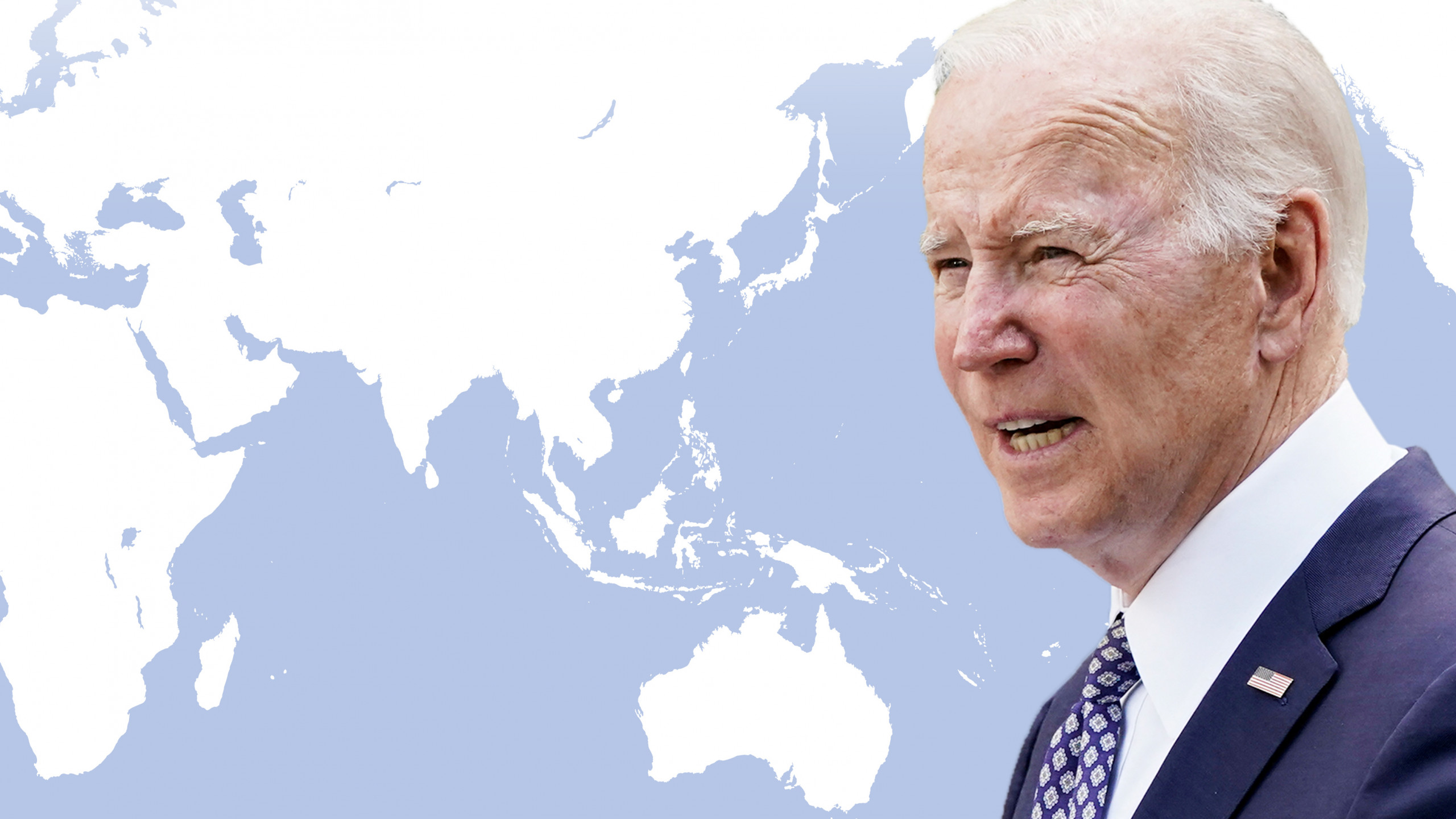Economic digitization in Southeast Asia is an opportunity for ASEAN countries to achieve an economic recovery that include gender equality
The Economic Research Institute for ASEAN and East Asia recently published a policy brief entitled "Women’s Participation in the Digital Economy: Improving Access to Skills, Entrepreneurship, and Leadership Across ASEAN". The authors, Giulia Ajmone Marsan and Araba Sey, observed that among economic trends found in the aftermath of the Covid-19 pandemic progressive digitalization of the economy is to be considered a real opportunity for Southeast Asian female workers.
Lately, during a webinar organized by ERIA, Araba Sey emphasized how difficult dealing with these topics is, arguing "it is difficult to legislate gender equality because it comes from the heart". Indeed, addressing issues related to the systematic exclusion of women from certain economic sectors, especially that of digital technologies, is always complex. It is difficult to understand the plurality of issues included in the notion of gender equality, as the battle for greater inclusion is played out on material and immaterial levels – from wage gap to social discrimination.
In general, the objective of the report is to indicate a paradigm of strategies to promote integration of Asian female workers in a regional economy that is recording ever-growing performances. Indeed, we should keep in mind that some ASEAN countries, despite having experienced collapses in GDP in 2020, have shown exceptional resilience in recent months. With this regard, focusing on a more inclusive digital economy can further contribute to the post-pandemic recovery of the national economies.
The report’s authors argue that in order to include female workers in the digital economy of Southeast Asia, it is necessary to develop targeted political strategies and implement regional action plans. The women have been particularly hit hard by the economic consequences of Covid-19, since in percentage they are over-represented in sectors such as tourism, retail and clothing: the first sector has almost completely stopped for a year now, the latter areas are at high risk of automation. Furthermore, they point out how profound is the connection between low wages, low-skilled jobs and the risk of automation. That is why they suggest investing in the creation of a more qualified female workforce, which favors greater opportunities for access to the digital economy.
During the webinar, Araba Sey stressed that a coordinated economic strategy at a regional level must also be combined with a commitment to deconstruct gender stereotypes and prejudices, which symbolically support the systematic exclusion of women. As an instance, while men are rewarded for devotion to work, women are frequently called upon to choose between family and work devotion, with the result that the desire not to give up either of them involves resorting to low-skilled and therefore underpaid jobs. Finally, the report shows that ASEAN countries perform well in terms of access to basic digital technologies and tools, such as tablets and smartphones. But women are left behind when it comes to providing access to more advanced technologies and leadership positions in digital sectors, which would ensure integration of a gender perspective in the sector, and therefore a more inclusive economic environment. Considering that by 2025 nearly half of the world's population will reside in Asia, the fate of female workers in Southeast Asia has great relevance for the condition of women around the world.






